











Read More
The Bachelor of Critical and Intensive Care Technology is a three-year program and with another one year of compulsory internship focused on training students to manage critically ill patients in ICU settings. The curriculum covers disease processes, patient monitoring, ICU procedures, medication management, and technical skills with specialized equipment. Students gain hands-on experience through clinical rotations in ICUs, learning to perform essential tasks like intubation, ventilation, and resuscitation. Upon completion, graduates are prepared for careers as Critical Care Technologists in hospitals, emergency departments, and critical care transport services, providing vital support in managing life-threatening conditions.
Year wise Course Details
Courses for this semester
The course human anatomy and physiology is introduced to help students to learn about the foundational concepts as well as the structure (anatomy) and function (physiology) of the human body and also assist the student in understanding the relationships between normal structure and function in human cells, tissues and organs.
This course provides a comprehensive understanding of the technical aspects of biochemical studies, with a focus on clinical findings related to body metabolites and the mechanisms of energy flow in the form of ATP within human cells. It also includes practical training in the qualitative determination of carbohydrates, proteins, and lipids.
This course emphasizes a holistic approach to patient care, focusing on overall well-being while providing comprehensive knowledge of medical ethics, professional responsibilities, and the qualities essential for medical practitioners. It also offers an overview of the legal challenges and hazards associated with the medical profession.
Aims to provide students with a comprehensive understanding of human behavior and mental processes. Explore various psychological domains such as cognitive, developmental, social, and abnormal psychology, gaining insights into how individuals think, feel, and act.To be equipped with critical thinking skills and an appreciation for the complexities of human behavior, enabling them to apply psychological concepts to real-world situations.
This is course is designed to equip students with essential knowledge and skills in the examination of patients. The course covers a range of topics, including the principles of clinical examination, history taking, vital signs assessment, physical examination techniques, interpretation of findings etc. At the end of the course, learners will be able to apply their knowledge and skills to accurately and effectively examine patients, integrate findings into clinical decision making, and communicate findings to other healthcare professionals. They will be prepared to continue their training in more advanced clinical examination techniques and practical applications.
This course is designed to provide students with a thorough understanding of the material through engaging online content, complemented by hands-on experience with interactive exercises and real-world projects. It also fosters effective communication and teamwork through dynamic online discussions and collaborative group activities, ensuring a well-rounded and practical learning experience.
This course fosters skill development and personal growth by encouraging participation in diverse extracurricular and co-curricular activities. Students will enhance their teamwork and leadership abilities through engagement in club-led events and competitions, gaining practical learning experiences beyond the academic curriculum.
Courses for this semester
Provide a comprehensive concept of all the anatomical position and physiological function of the human body.
Impart the knowledge in the technical aspects of biochemical studies specially focusing on the clinical findings in various body metabolites.
It is an essential part of holistic education, designed to complement academic learning and foster personal, social, and professional growth. These activities encompass a wide range of programs that develop skills, creativity, leadership, teamwork, and social responsibility, preparing individuals for real-world challenges beyond the classroom.
Courses for this semester
This course provides an in-depth understanding of patient assessment and drug administration principles and practices. It is designed for healthcare professionals, including nurses, paramedics, and medical students, to develop comprehensive skills in evaluating patient conditions and administering medications safely and effectively. The course covers various aspects of patient assessment, including history taking, physical examination, and clinical reasoning. It also addresses pharmacological concepts, drug interactions, side effects, and the practical aspects of drug administration.
Aims to provide students with a comprehensive understanding of human behavior and mental processes. Explore various psychological domains such as cognitive, developmental, social, and abnormal psychology, gaining insights into how individuals think, feel, and act. To be equipped with critical thinking skills and an appreciation for the complexities of human behaviour, enabling them to apply psychological concepts to real-world situations
This course will enable the students to acquire knowledge about the modes of action, effects and adverse effects of drugs, different routes of drug administrationand to understand their rational use in treatment of different medical regular and emergency conditions.
A study of nutrition and food as applied to daily living. The course provides information on basic nutrition and wellness concepts in relation to the individual and family throughout life.
This course provides an in-depth understanding of patient assessment and drug administration principles and practices. It is designed for healthcare professionals, including nurses, paramedics, and medical students, to develop comprehensive skills in evaluating patient conditions and administering medications safely and effectively. The course covers various aspects of patient assessment, including history taking, physical examination, and clinical reasoning. It also addresses pharmacological concepts, drug interactions, side effects, and the practical aspects of drug administration.
Equip students with a thorough understanding of the course material through engaging online content. Provide hands-on experience through interactive exercises and realworld projects. Promote effective communication and teamwork through online discussions and group activities.
1. Learn new concepts from industry experts 2. Gain a foundational understanding of a subject or tool 3. Develop job-relevant skills with hands-on projects 4. Earn a shareable career certificate
1. To develop skills and interests through participation in diverse extracurricular and cocurricularactivities. 2. To learn about teamwork and leadership abilities by engaging students in club-led events andcompetitions. 3. To provide opportunities for personal growth and practical learning beyond the academic curriculum.
Courses for this semester
1. Develop skills to assess patients and identify cardiovascular and neurological emergencies. 2. To master the techniques used for managing strokes and seizures, including thrombolytic therapy and airway management.
This is a specialized branch of healthcare focused on improving the quality of life for individuals with serious, chronic, or life-threatening illnesses. The subject emphasizes holistic care addressing physical, psychological, social, and spiritual needs. It is patient-centered and family-oriented, aiming to provide relief from pain and other distressing symptoms while enhancing dignity and comfort.
1. Understand the principles and mechanics of mechanical of ventilation. 2. Learn effectively manage ventilator setting to optimize oxygenation. 3. Develop skills in assessing and responding to changes inpatient condition and ventilator parameters.
This course is a branch of medical science that focuses on understanding the mechanisms, causes, and effects of diseases. It is foundational for diagnosing and managing illnesses, bridging basic science and clinical practice. The course typically encompasses general pathology, which provides fundamental concepts, and systemic pathology, which applies these principles to specific organ systems.
The study of microbes helps us to understand our world and our place within it. Gives insights into the complexity of nature and society, which in turn provide much different health, environmental, social, cultural, industrial and economic benefits. Students learn about the roles microorganisms play in human health and disease.
1. To gain a comprehensive understanding of foundational research concepts, including the research process, types of research, and ethical considerations. 2. Acquire knowledge of various research designs, methodologies, and data collection techniques. 3. Develop knowledge about research ethics.
Co-Curricular activities are an essential part of holistic education, designed to complement academic learning and foster personal, social, and professional growth. These activities encompass a wide range of programs that develop skills, creativity, leadership, teamwork, and social responsibility, preparing individuals for real-world challenges beyond the classroom.
Courses for this semester
Co-curricular courses enhance students' education by developing social, emotional, and practical skills through activities like workshops, clubs, volunteering, field trips, and competitions. These activities foster overall growth, improve communication and leadership, promote social responsibility, and support personal interests. By participating in co-curricular courses, students experience better academic performance, gain valuable career skills, enjoy personal fulfillment, and build lasting social connections, preparing them for success in both personal and professional life.
• Understand what creative thinking techniques are • Comprehend their importance in tackling global challenges as well as in everyday problem-solving scenarios • Select and apply the appropriate technique based on the opportunity to seize or the problem to tackle
Comprehend the various modalities of renal replacement therapy with the knowledge of merits and demerits of each of haemodialysis
Introduction to ventilators, suction machine, monitoring devices and all other equipment’s and they will get knowledge about Oxygen therapy, maintenance of clear Airway equipment
Biomedical waste includes any waste generated from medical activities, such as used syringes, gloves, and biological specimens. A course on this topic would cover the types of biomedical waste, potential hazards, and best practices for safe handling, treatment, and disposal, emphasizing the importance of proper management to protect public health and the environment.
This course provides a foundational understanding of patient care, focusing on essential skills and knowledge required for providing high-quality, compassionate care. Students will learn the basics of patient assessment, hygiene, mobility assistance, vital signs monitoring, and effective communication with patients and healthcare teams. Emphasis is placed on ethical considerations, infection control, and creating a safe environment for both patients and caregivers. This course is ideal for aspiring healthcare professionals and those seeking to improve their care giving skills
This course is designed to assist students in developing expertise and in depth understanding in the field of medical and surgical emergency.
Courses for this semester
The course objective of trauma management typically involves teaching participants how to assess, stabilize, and treat patients with traumatic injuries efficiently and effectively. This includes understanding trauma mechanisms, prioritizing interventions. Coordinating care within a team to optimize patient outcomes.
At the end of the course the student will be able to develop an understanding of special considerations related to the disease process, assessment and management, in neonatal and pediatric patients. This course will enable them to develop skills and attitude in providing competent neonatal. Pediatric care in relation to an emergency.

CST- Common scholarship test is a national and international level online MCQ based examination funded for intellectual empowerment by Assam down town University.
CST- Maximum enrolment each year is 269 seats and any 10+2 students can apply. Adtu is northeast India’s first placement driven university to provide 100% scholarship benefits worth 30 cr.
CST aims to inspire brilliant and competent students to pursue further education. Accredited with a prestigious grade by NAAC, UGC and AICTE.
Explore more scholarships that can help you reach out your goal with financial aid.
This scholarship is valid on the basis of the board/university examination
| 95% & above | 100% Scholarship on all semester |
| 90%-94.9% | 50% Scholarship on all semester |
| 80%-89.9% | 25% Scholarship on all semester |
This scholarship is valid on the basis of the board/university exam
| National & International Level | 100% Scholarship on all semester |
| State Level | 50% Scholarship on all semester |
| District Level | 25% Scholarship on all semester |
This scholarship is valid on the basis of the board/university exam
| National & International Level | 100% Scholarship on all semester |
| State Level | 50% Scholarship on all semester |
| District Level & NCC Certificate Holder | 25% Scholarship on all semester |
Discover a multitude of world-class amenities and cutting-edge resources at Assam down town University, enhancing your academic journey to new heights.
The Start-Up & Incubation Centre at Assam down town University provides a supportive environment for young entrepreneurs to develop and grow their business ideas. The center provides mentorship, funding, and networking opportunities to help innovative ideas become successful businesses.
SFURTI scheme to support rural entrepreneurs and innovators, an initiative by the Ministry of MSME
TIDE 2.0 scheme for ICT-based startups which provides a grant of Rs. 4L and Rs. 7L under EiR and Grant categories respectively, an initiative by the Ministry of MeitY.
dtVL Ideation, an incubation program for early-stage entrepreneurs with a market-ready solution/product, offering interest-free loans up to Rs. 2 lakhs.
Sprout UP, an incubation program for students, faculties, and researchers with innovative business ideas, prototypes, or technology solutions.
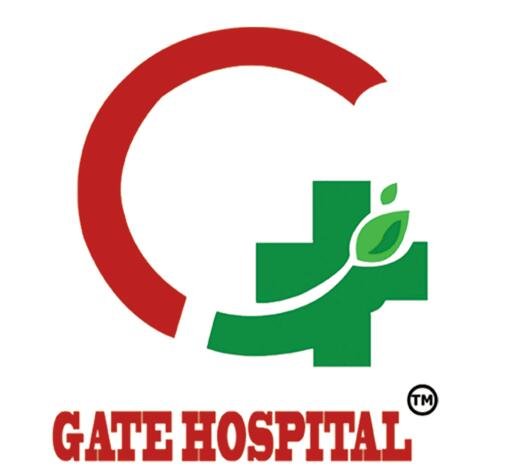
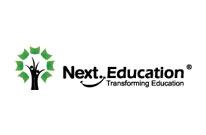
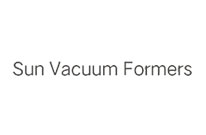







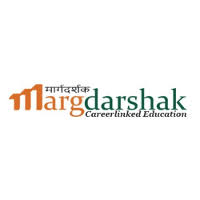



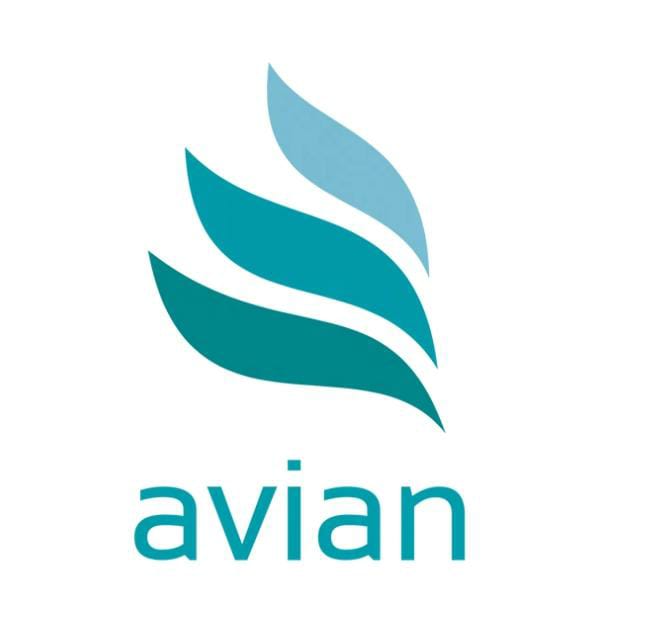


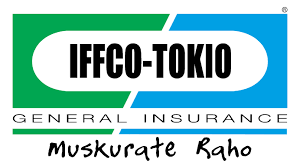




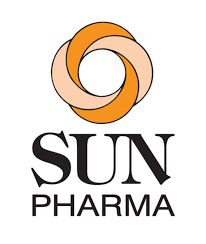
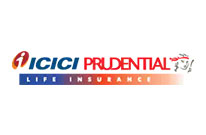
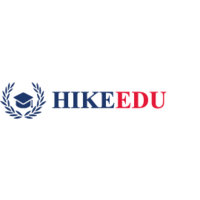

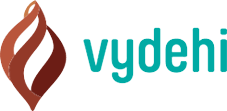









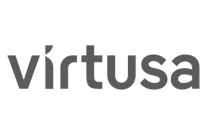



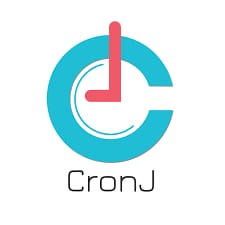





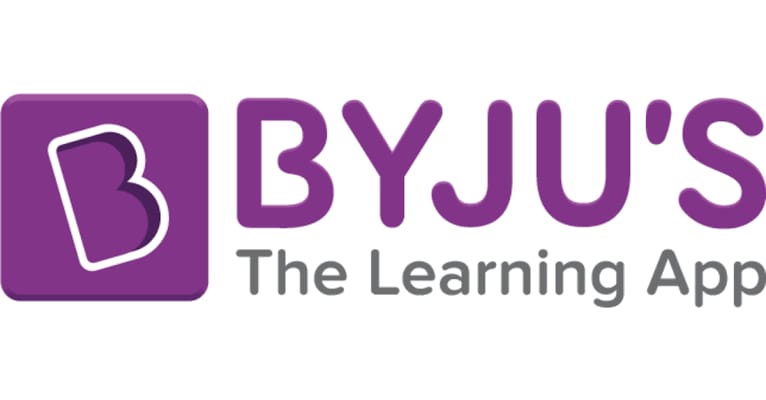
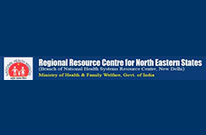


"I am a BBA student of 3rd semester. I hail from Bhutan. I vow that I am having a great experience i...
"AdtU is amazing. I am a BBA student of 2019-22 batch and I am just grateful for the amount of oppor...
Let us be grateful to the people and place who makes us happy. They are the charming gardeners whom ...
Currently I am pursuing MBA in Assam Down Town University. MBA is the professional course through wh...
AdtU is a university that focuses on giving knowledge, education and simultaneously making the stude...
The Assam downtown University has been a great learning experience. The university has provided me w...
My experience with AdtU has been splendid one indeed. Little needs to said about its scenic infrastr...
As a student I am very glad that I have got an opportunity to study here in Assam downtown universi...
My name is Sakhyajit Roy. I?m from Tripura. I joined the university on Auguest, 2017 as a student of...
I share immense pleasure to share my post graduate program experience in Assam down town University....
AdtU is a platform where I got golden opportunities to feed my zeal for knowledge through the dynami...
I am fortunate to get an opportunity to study here in Assam Downtown University. The best thing abou...
Our university is one of the best place for developing ourselves in the field of research and acedem...
ADTU is a university that is very good interms of infrastructure, academics and placements. Our tea...
It is one of best private colleges in North East India, it also provides a good environment for ed...
ADTU is a good University which provides the students with best quality lectures and ensures comfort...
The environment of Assam downtown university is very pleasant.The department of BMLT is very good a...
The university has all the necessary facilities and amenities for students . The classrooms and the ...
Assam downtown University is well recognised all over india. In the ongoing pandemic situation it ha...








